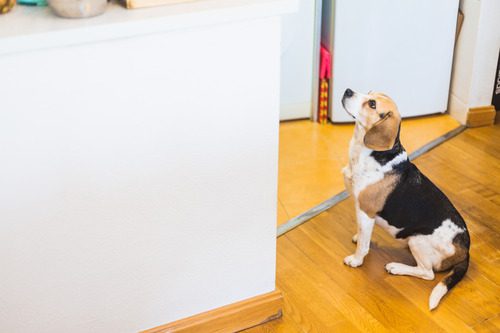Common Christmas Foods Dogs Should Not Eat
The holiday season brings joy, family gatherings, and delicious feasts. However, as we celebrate Christmas in Fort Lauderdale, it’s important for pet owners to be mindful of their dogs’ diets. Central Broward Animal Hospital is committed to helping you keep your furry companions safe and healthy. In this blog, we discuss common Christmas foods dogs should not eat. While sharing a bite with your pooch might seem harmless, some festive foods can pose serious health risks to dogs. For personalized advice or more information, feel free to call us at (954) 792-6223.

The Hidden Dangers in Festive Fare
The holiday season is a time for indulgence, but not all human treats are safe for dogs. Many traditional Christmas foods can be harmful to our canine companions. It’s important to understand which foods to avoid to prevent emergency visits to the vet.
Rich, Fatty Foods
Holiday meats like ham, turkey, and beef are often cooked with spices, butter, and oils, making them too rich for dogs. Fatty foods can lead to pancreatitis in dogs, a condition characterized by an inflamed pancreas. Symptoms of pancreatitis include vomiting, diarrhea, abdominal pain, and lethargy. It’s crucial to keep these foods out of your dog’s reach and instead opt for plain, cooked meats without added fats or seasonings if you want to give them a holiday treat.
Sweet Treats and Baked Goods: More Harm than Good
Sugary foods are a big part of holiday celebrations, but they’re not suitable for dogs. Overconsumption of sugar can lead to obesity, dental problems, and even diabetes in dogs. Additional foods to avoid:
- Chocolate: Chocolate is one of the most common toxic foods for dogs. It contains substances like theobromine and caffeine, which can be deadly to dogs. Dark chocolate and baking chocolate are particularly dangerous due to their high levels of these compounds. Even small amounts can cause symptoms like restlessness, muscle tremors, and rapid heart rate. In severe cases, chocolate ingestion can lead to seizures and heart failure.
- Xylitol: Xylitol, a sugar substitute found in many sugar-free candies, gums, and baked goods, is highly toxic to dogs. When dogs ingest xylitol, it can lead to a rapid and potent release of insulin, causing a severe drop in blood sugar (hypoglycemia). Symptoms of xylitol poisoning include vomiting, weakness, lack of coordination, seizures, and in severe cases, liver failure.
Seasonal Nuts and Fruits: A Mixed Bag for Dogs
Many nuts and fruits commonly found in holiday dishes are not safe for dogs. It’s crucial to know which ones pose a risk to your pet’s health:
- Grapes and Raisins: Grapes and raisins, often ingredients in holiday desserts, can cause sudden kidney failure in dogs. The toxic substance in these fruits is unknown, but its effects can be devastating. Even small amounts can lead to vomiting, lethargy, and kidney damage.
- Macadamia Nuts: Macadamia nuts can cause a range of symptoms in dogs, including weakness, vomiting, tremors, and hyperthermia. The exact toxin is not known, but the effects are usually non-fatal. However, these symptoms can cause significant discomfort and may require veterinary care.
Festive Beverages: Not for Canine Consumption
Alcoholic and caffeinated beverages are a staple at many holiday gatherings, but they’re dangerous for dogs. Here’s what to look out for:
- Alcohol: Alcohol affects dogs much more than humans. Even small amounts can lead to ethanol poisoning. Symptoms include vomiting, disorientation, high body temperature, restlessness, excessive panting, muscle tremors, and seizures. In severe cases, alcohol can cause coma or death.
- Caffeinated Beverages: Caffeine is another no-go for dogs. It can cause similar symptoms to chocolate toxicity, such as restlessness, rapid breathing, heart palpitations, and muscle tremors. In severe cases, it can lead to collapse and death.
Keeping Christmas Safe for Your Dog
As festive as the season is, it’s our responsibility as pet owners to ensure our dogs’ safety. Being aware of common Christmas foods dogs should not eat is a vital part of keeping them healthy. If you suspect your dog has ingested something harmful, or for more guidance on keeping your pet safe during the holidays, please contact Central Broward Animal Hospital at (954) 792-6223.
